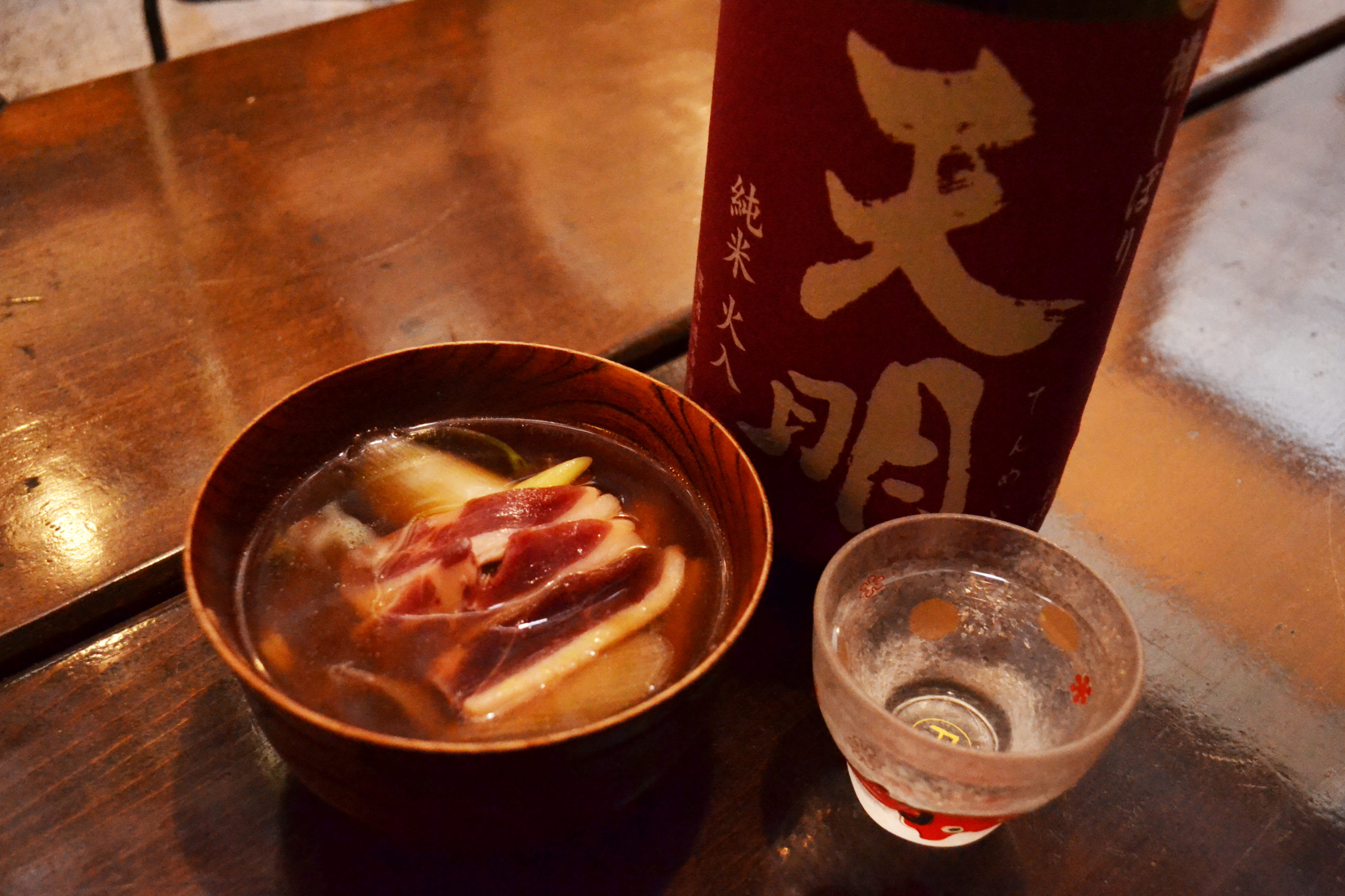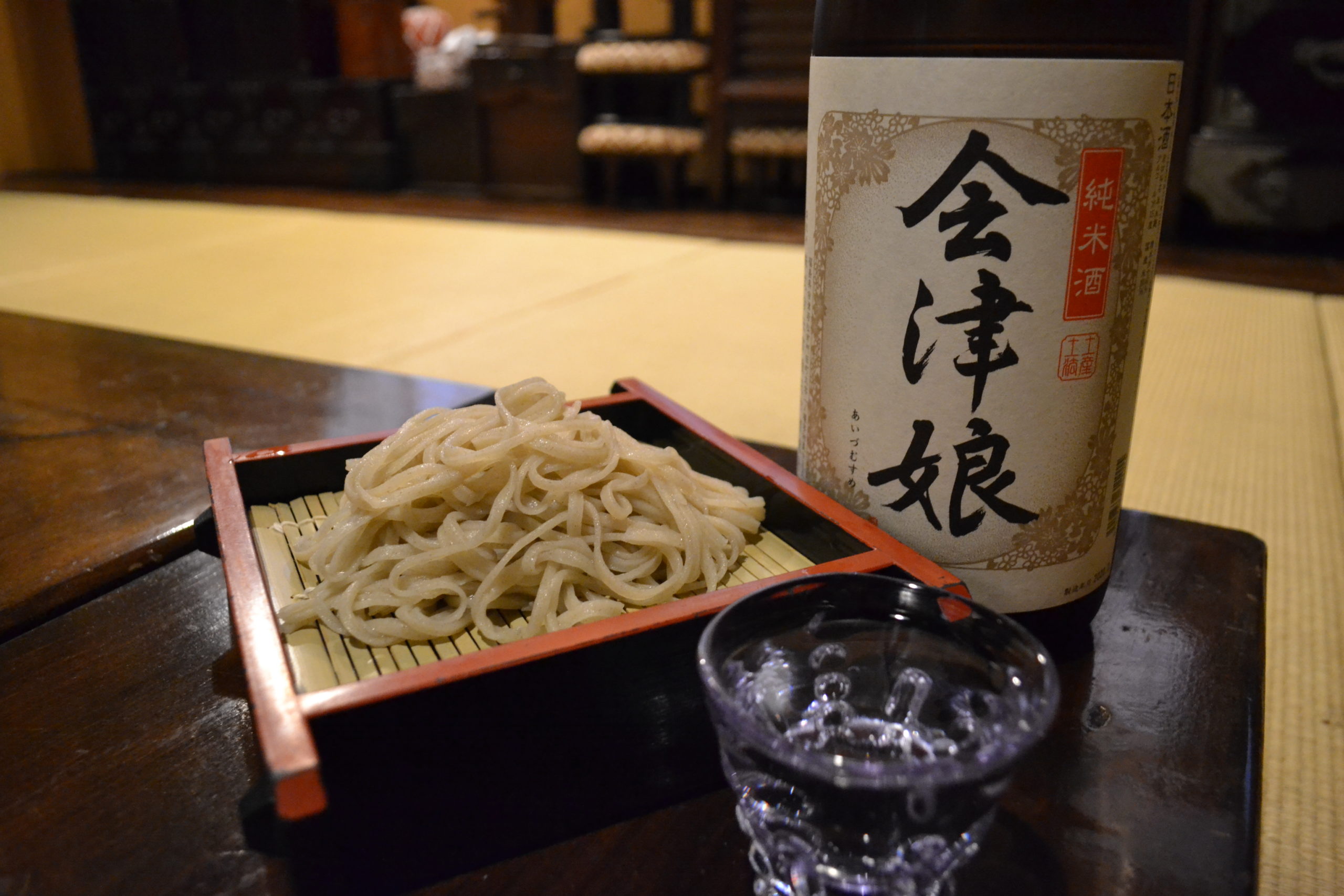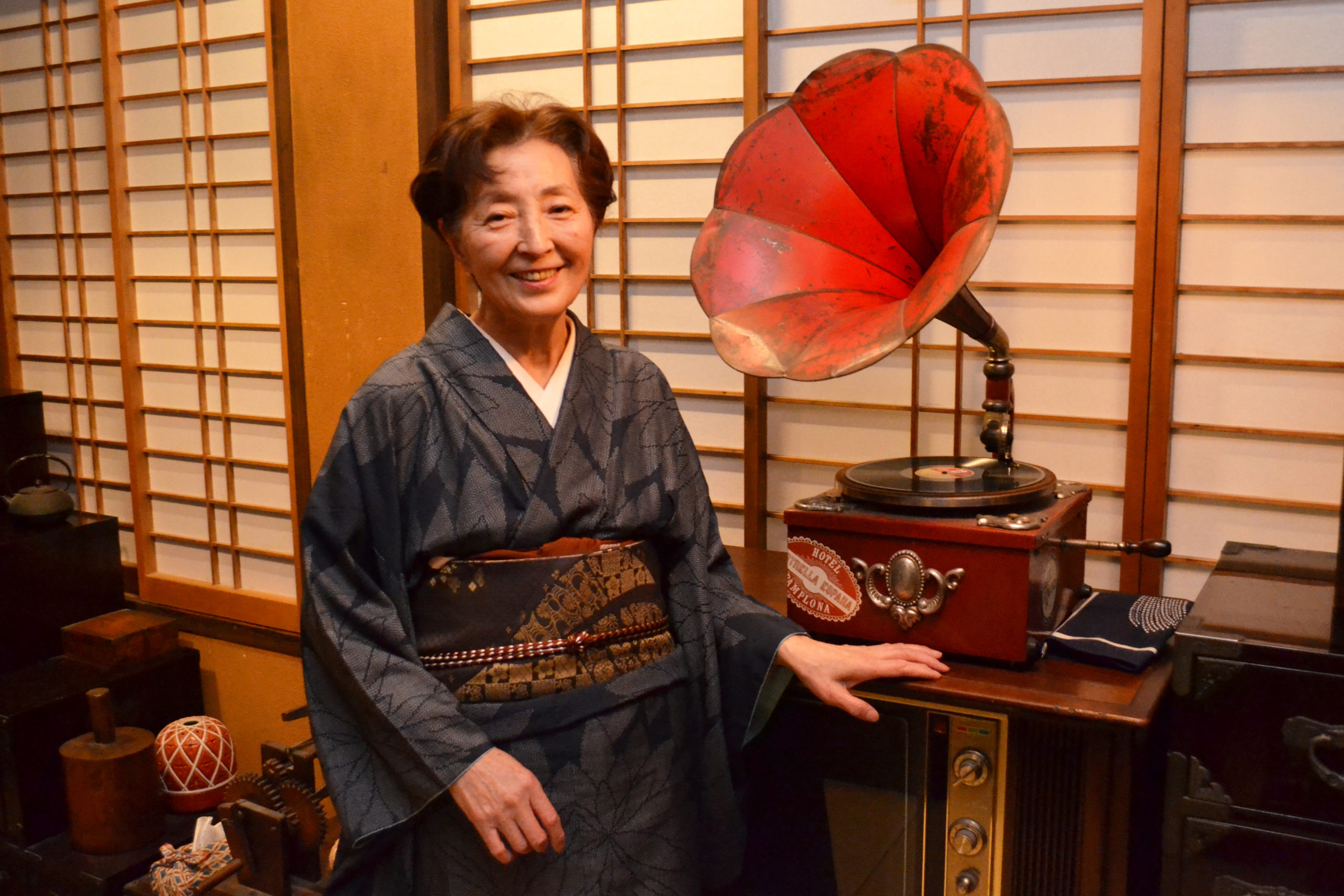The depth of food in Aizu and the heart of the landlady in the "Aizu Kaiseki"
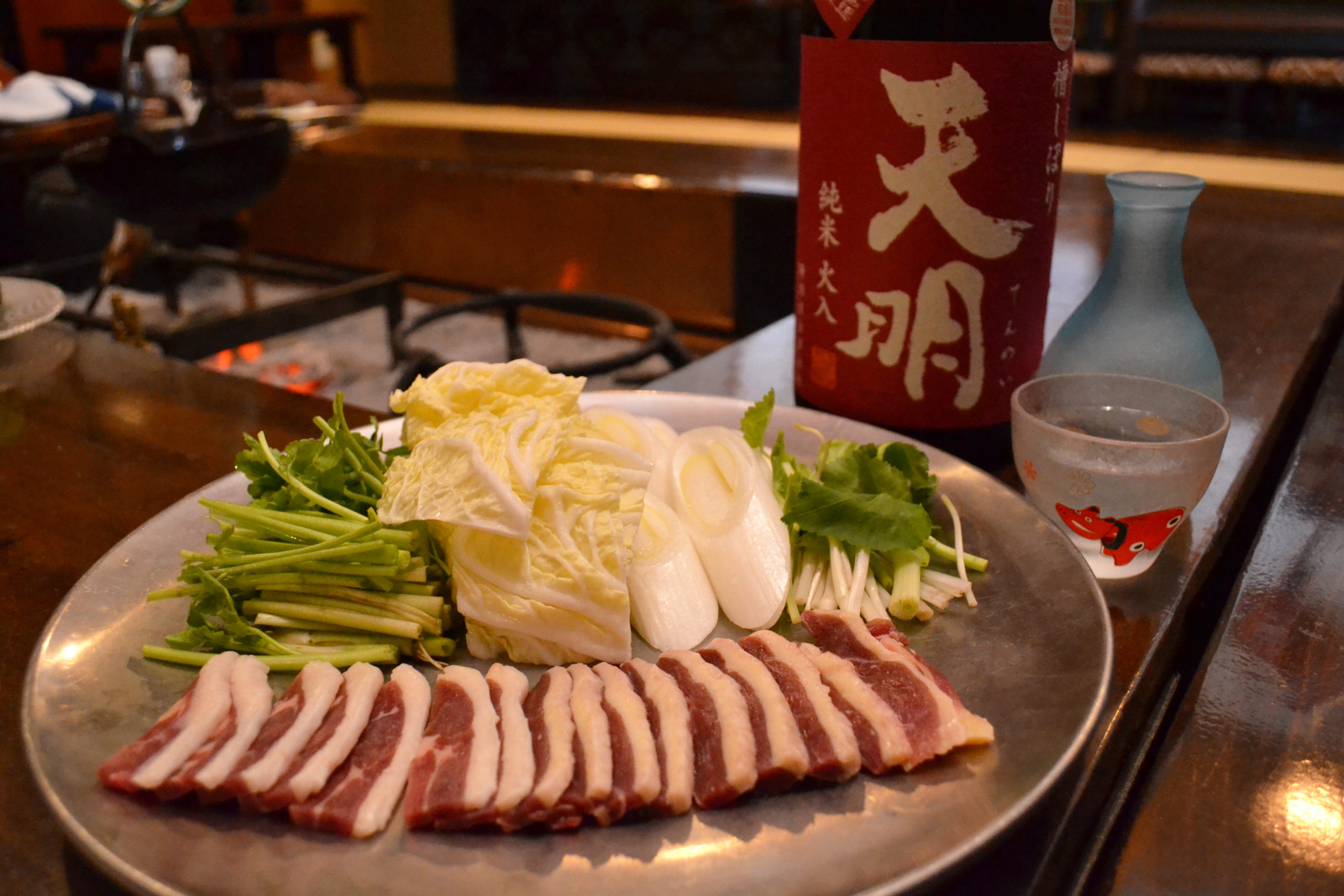
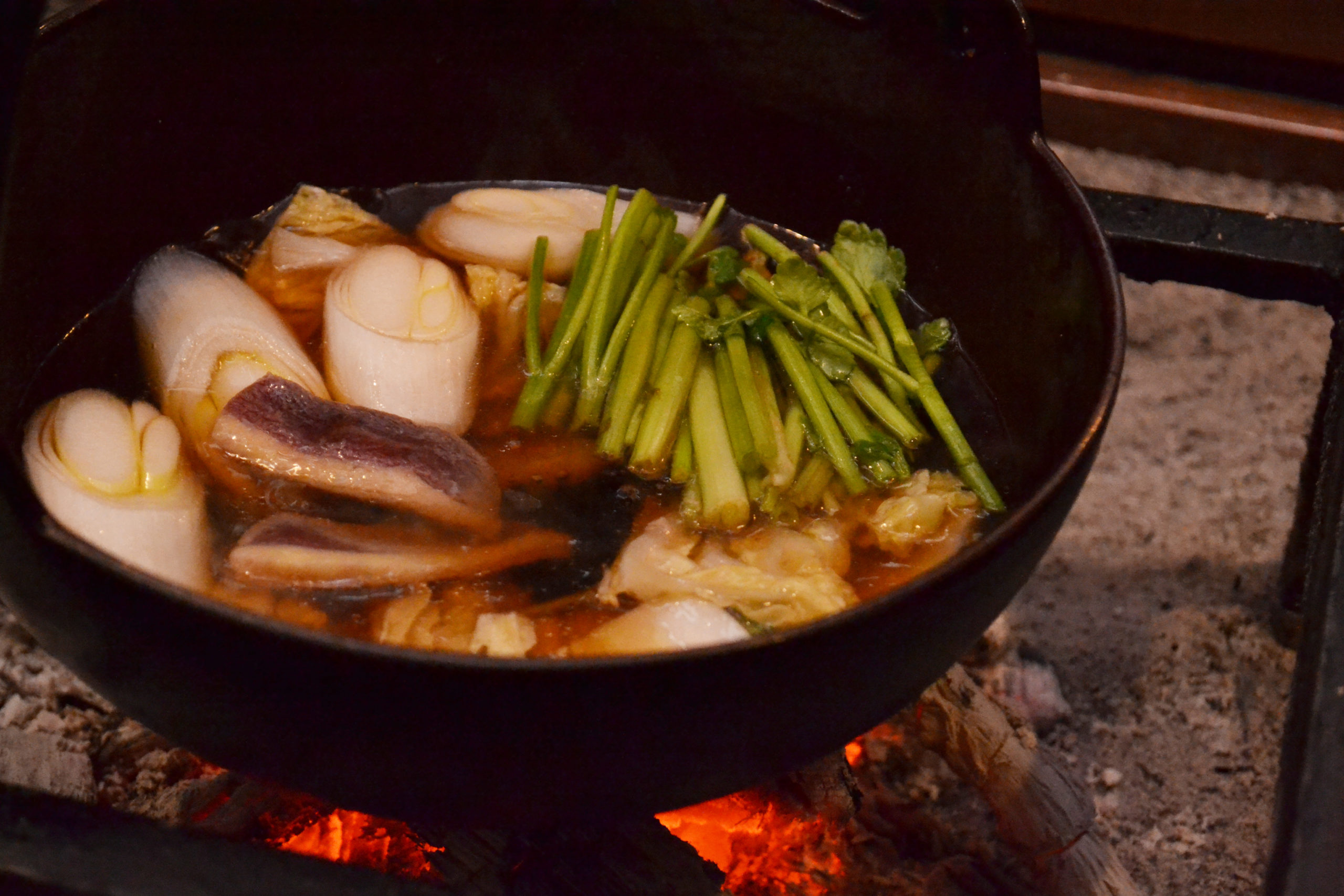
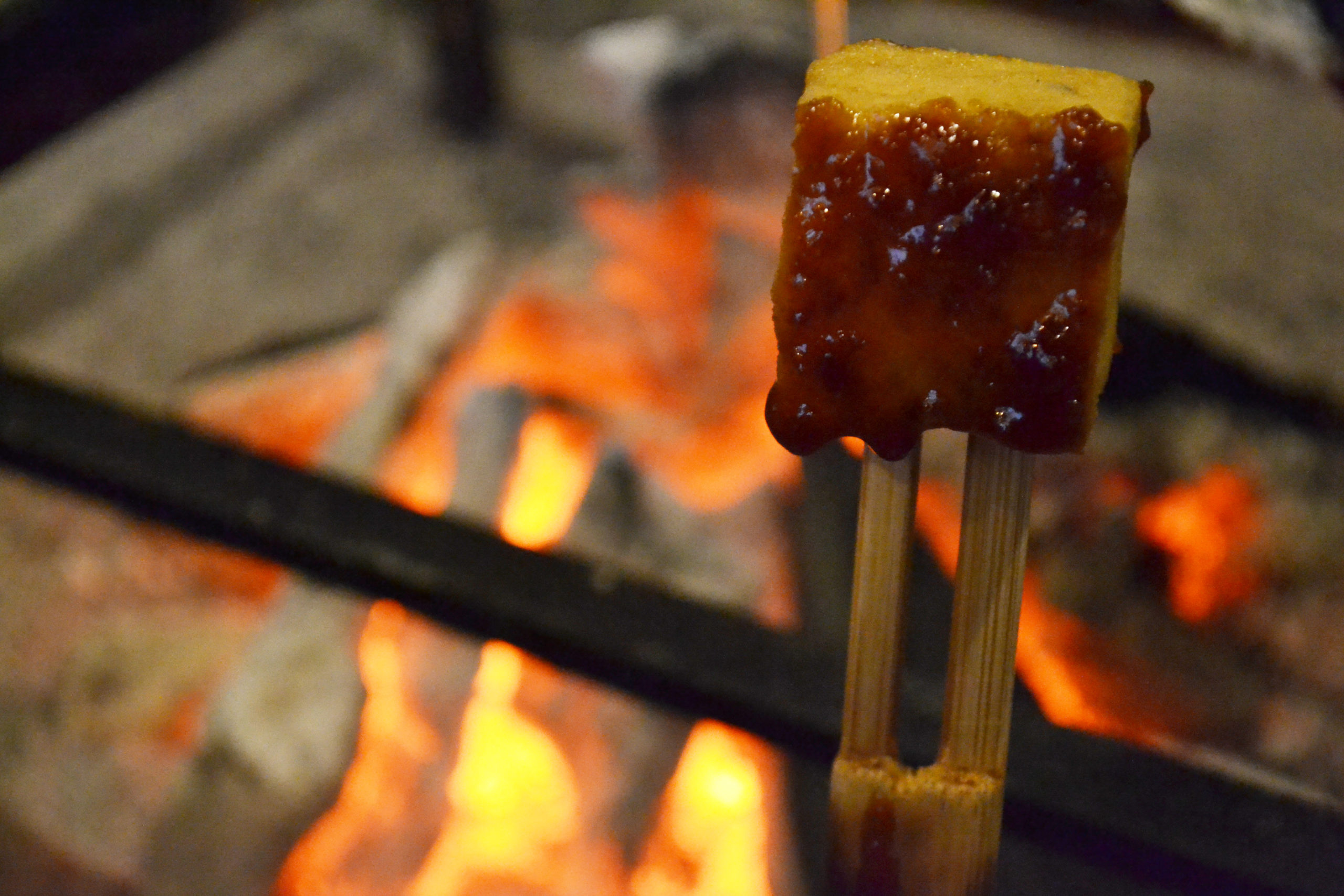

You can enjoy the rich food culture nurtured by the climate of Aizu in the nostalgia of old times.
Fukushima is one of the leading "hot spring prefectures" in Japan. The number of hot springs is the 4th largest in Japan (according to the Ministry of the Environment "2018 Hot Spring Utilization Status"). There are many hot spring towns with a taste, and it will stimulate the travel feelings of visitors.
One of such hot spring towns, the Aizu Higashiyama Onsen in Aizuwakamatsu City, which prospered as a hot spring resort for the Aizu clan in the Edo period, has a small ryokan with only 7 guest rooms. "Irino no Yado Ashina" boasts over 70 years of history. The historical building is a relocated old folk house over 120 years old, and you can feel the personality of its age from the moment you step into the inn.
The charm of this inn, along with the old-fashioned atmosphere, is the "Irori Kaiseki," which incorporates plenty of local Aizu items. A kaiseki where the hostess Michiyo Wada carefully examines the ingredients and makes each item carefully while feeling the seasons and days. It is filled with the true taste of Aizu's food, which is simple and deep.

Mt. Seaburi rises behind Higashiyama Onsen. Mrs. Wada was born and raised in a village on the opposite side of the mountain. The "Irori Kaiseki" is based on the taste of hometown that Mrs. Wada instilled in his familiar mind and body since he was a child.
The contents of the kaiseki other than the main meat dish are "inspirations". Assemble the food while thinking about what you can do with the items you purchased on that day. Nephew and sister-in-law stand together in the kitchen. “I can't ask ordinary Maizen to change things I do every day,” says Wada. However, the fact that it is not a pre-determined dish confidently gives this kaiseki a unique taste of "nostalgia" and "warmth".
Terroir
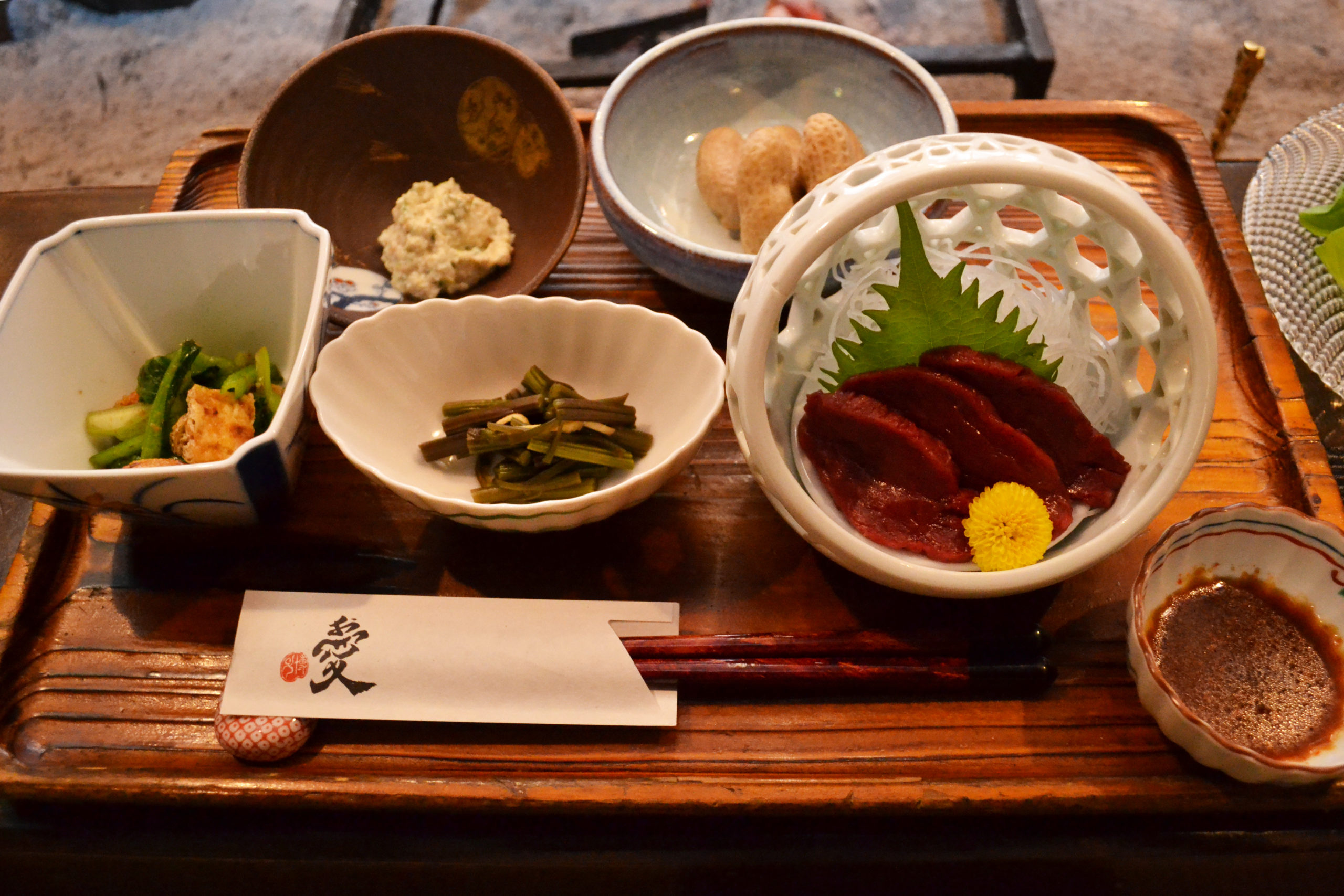
Set of "Irori Kaiseki", where local items such as moist and healthy vegetables and warabi are lined up
As its name suggests, "Irori Kaiseki" is a course where you can enjoy the seasonal taste of Aizu while encircling Irori in a Japanese-style room where you can feel the history. All the ingredients used for the set are purchased from "where you can see your face" such as the farmers you know. During the season, Mrs. Wada also does his own field work and grows various vegetables provided at the inn.
The kaiseki dinner is served with a simple set of dishes unique to Yamazato, skewered river fish, miso taraku, Aizu's famous horse sashimi, main meat dishes, and even 〆soba and dessert. It is said that many customers visit this dish repeatedly for the purpose of this dish.
"I feel frustrated when the customer's table is empty. At such times, I cook and serve food that I can do with something. Therefore, the meal of the customer does not always finish. (Laughs). "
You can feel the warmth and hospitality of the people of Aizu in places like this.
Mariage
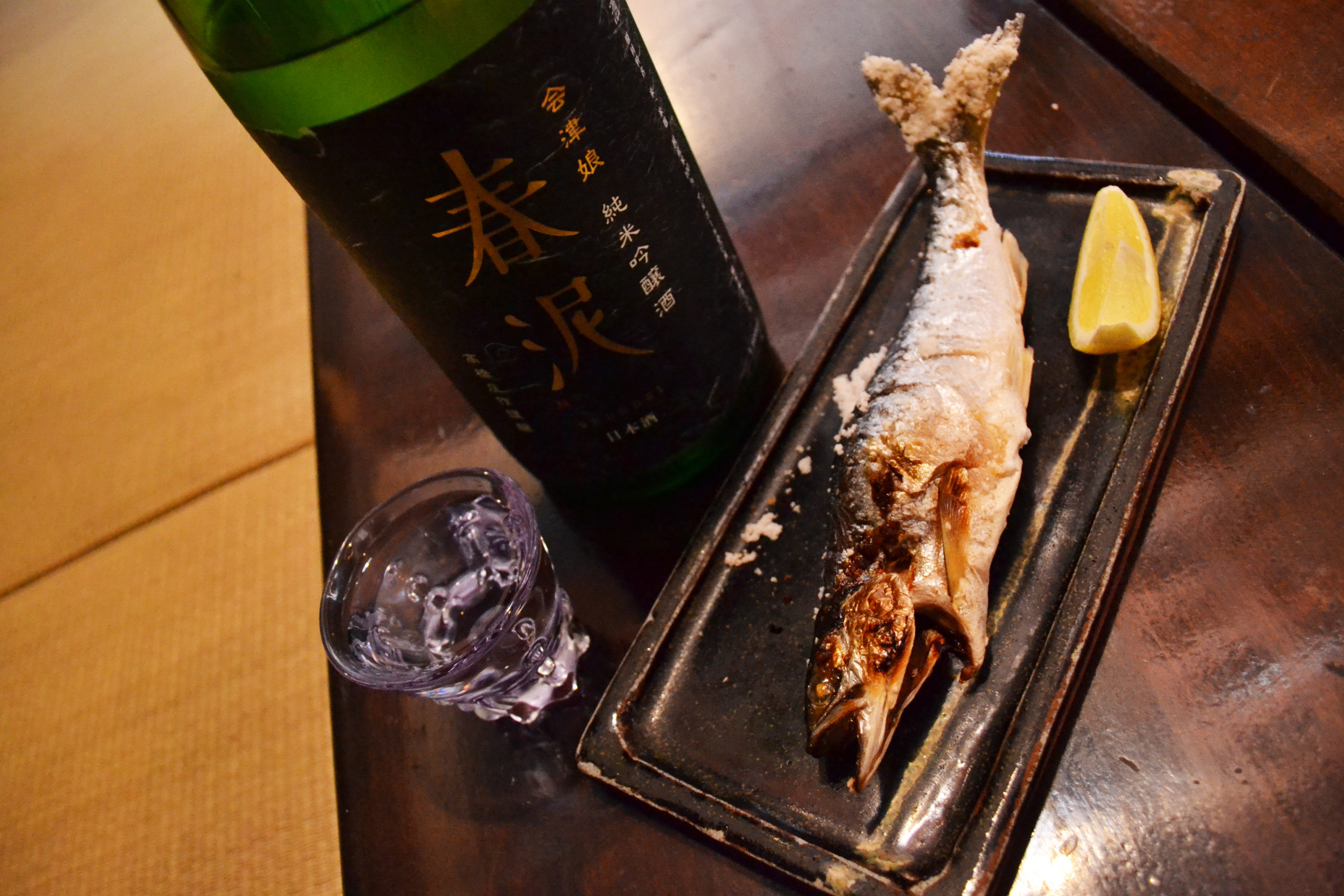
Skewers of Himemasu grown in Lake Numazawa. You can taste it from your head.
Irori Kaiseki starts with salted grilled fish and miso taraku. The fish of this day is Himemasu. You will be able to bite the himemasuma cultivated in Lake Numazawa, Aizu Kanayama Town.
Lake Numazawa is the only habitat for Himemasu in Fukushima Prefecture. Since the introduction of eggs from Lake Tazawa in Akita Prefecture in the early Taisho era, the tradition of aquaculture has been passed down for over 100 years. By slowly heating the soybean trout for one hour, the body will be soft and tender, and the bones will be baked with the power of far-infrared rays. Himemasu fishing season is from April to September. Chars may be provided depending on the season and the stocking situation.
The sake to be combined is “Aizu Musume Junmai Ginjo Shunmu” from Takahashi Shosaku Sake Brewery in Aizuwakamatsu City. This sake is made using only carefully selected rice made in the pesticide-free rice fields of Aizu.
"I said it first. Why did you give it a dirty name like" mud. "Then it would be different. Our rice field was polluted by the nuclear accident, but someday spring will come. When I hear such a painful feeling, I want to cry. Of course, I think it's good as alcohol, but I fell in love with it I decided to put it in an inn. "
For the main meat dish, choose one from Aizu local chicken crystal plate grill, Aizu beef grilled shabu, Aizu beef steak, and duck shabu. Depending on the stocking, you can enjoy the game, but the choice for this day is duck shabu. Aigamo has been active in the rice fields of Aigamo farming since early chicks, and has become an adult bird after autumn. I will receive that life. It's a duck that worked so hard for people, so at the end I'd like to eat and give a memorial service. It is a menu that was born from the thought of the landlady.
Nabe soup is a stewed vegetable soup with dashi from kelp and bonito flakes, and fat duck. Let's pass the duck meat over the sauce that is full of sweetness and umami. The chewy texture of the duck meat exudes the flavor of the meat itself as you chew it.
Along with duck meat, green onions, Chinese cabbage, and seri, which are used as ingredients in pots, are also pesticide-free local products and those harvested in Wada's field. Especially, the refreshing taste of seri-cho shows an excellent compatibility with soup. The liquor to be matched is the “Tenmei Kasu Shibori Pure Rice Fire Pot” by Akebono Sake Brewery in Aizu Sakashitamachi. The sake, which has a strong flavor and deep flavor, blends perfectly with the sweetness of the mellow pot.
The dishes offered by "Ashina" are all foods, including salt and soy sauce, which contain no additives or chemical ingredients. There is a strong commitment by Mrs. Wada who has loved the taste and taste of local food in the nature of Aizu.
"The food we serve at home may be something that urban people have never seen, heard or eaten, but once upon a time, your ancestors and their predecessors would probably have eaten such food. The DNA is sure to be in everyone, and I think that the taste is remembered somewhere in the depths of the brain. The words "calm down" and "feeling good" come out, and I think that it's because that kind of memory awoke. "
The “Irori Kaiseki” is made with plenty of Aizu ingredients. It is not only the ingredients that determine the taste, but the depth of Aizu's food culture that has been passed down through the ages and the heart of Mrs. Wada who tries to convey the true way of eating through that food culture. maybe.
Irori no Yado Ashina
- Address:232-1 Yumoto Shimohara, Higashiyama Town, Aizuwakamatsu City, Fukushima Prefecture
- Tel:0242-26-2841
- Open:Check-in 15: 00-Check-out-10: 00
- Average Cost:20,000 yen to 30,000 yen (including accommodation fee)


